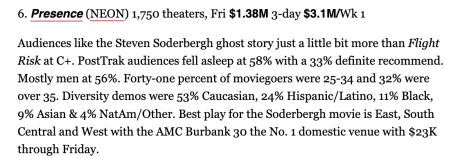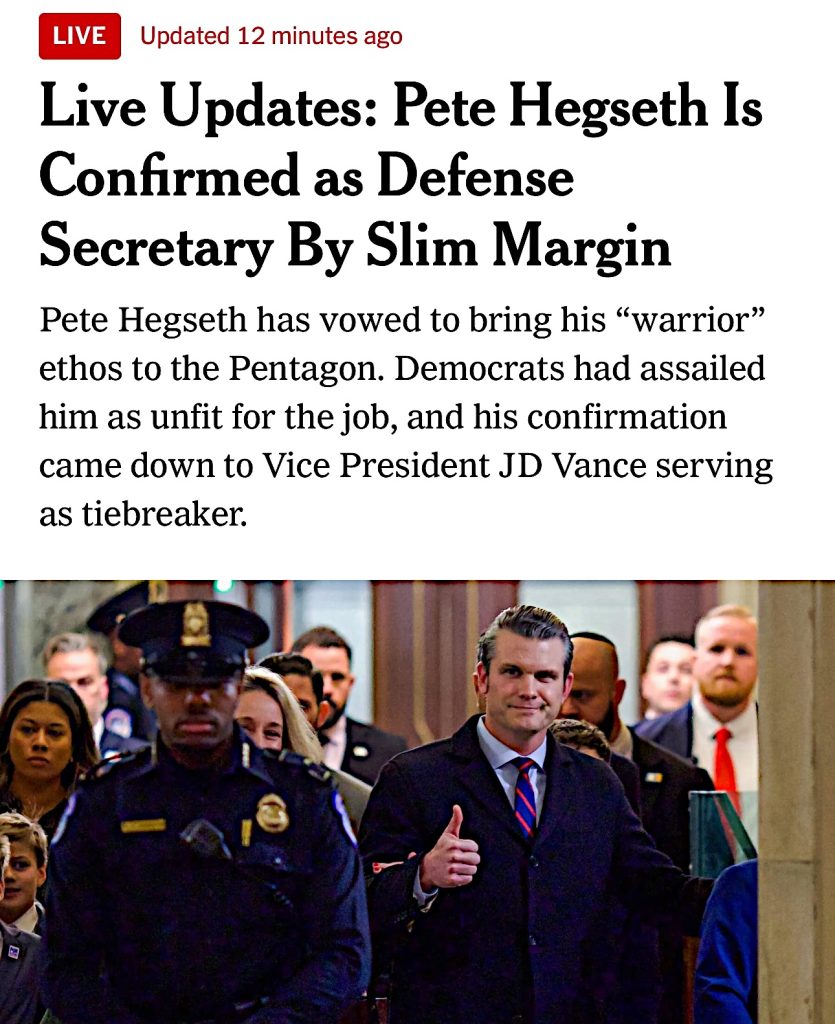In the motion picture realm there are two kinds of closing-credits songs that, placement-wise, deserve to be called great. It happens when the film in question blends with a well-known song and produces a higher synthesis on both ends…the song acquires added depth, meaning and flotation and so does the film. Sound + vision.
The first equation is a song that reflects the mood or theme of the film in question, or which seems to have been sired in the soul of the main protagonist.
A special alchemy happens when Brian Wilson‘s “Wouldn’t It Be Nice?” is heard over the closing credits of Hal Ashby and Warren Beatty‘s Shampoo (’75), with lyrics that hairdresser George Roundy (Beatty) is clearly thinking during that final hilltop scene with Felicia (Julie Christie). In this context it’s as much George’s song as Brian Wilson’s.
The second kind is when a song has relatively little to do with what the film and the main character have been about, thematically or spiritually. And yet the song truly enhances the after-vibe, and I mean sort of miraculously or even transcendently. The fact that it doesn’t reflect the film’s plot or theme or main character means nothing — it just sounds perfect in a nice, groovy, settled-down way, and you just love the filmmakers for having brilliantly chosen it for this purpose.
Shawn Colvin‘s haunting 1995 cover of “Viva Las Vegas” is heard over the closing credits for The Big Lebowski, and it’s one of the very best ingredients in that 1998 Joel and Ethan Coen film bar none.
In my head it’s arguably Colvin’s greatest recorded performance (yes, better than 1997’s “Sunny Came Home“…singing, tempo, complex arrangement, reverb guitars) and yet it’s not on any of her albums, and the only way way you can own it is by buying a certain “Twin Peaks soundtrack album — Music From the Limited Event Series.” You can’t buy Colvin’s track individually on iTunes, and it’s not included on The Big Lebowski soundtrack.
On top of which there’s no mention of “Leaving Las Vegas” on Colvin’s Wikipedia page, nor was it mentioned in Robert Wilonsky’s Dallas Observer profile (4.5.01).
Please name other brilliant blendings of well-known songs with closing credit sequences — either kind will do.









